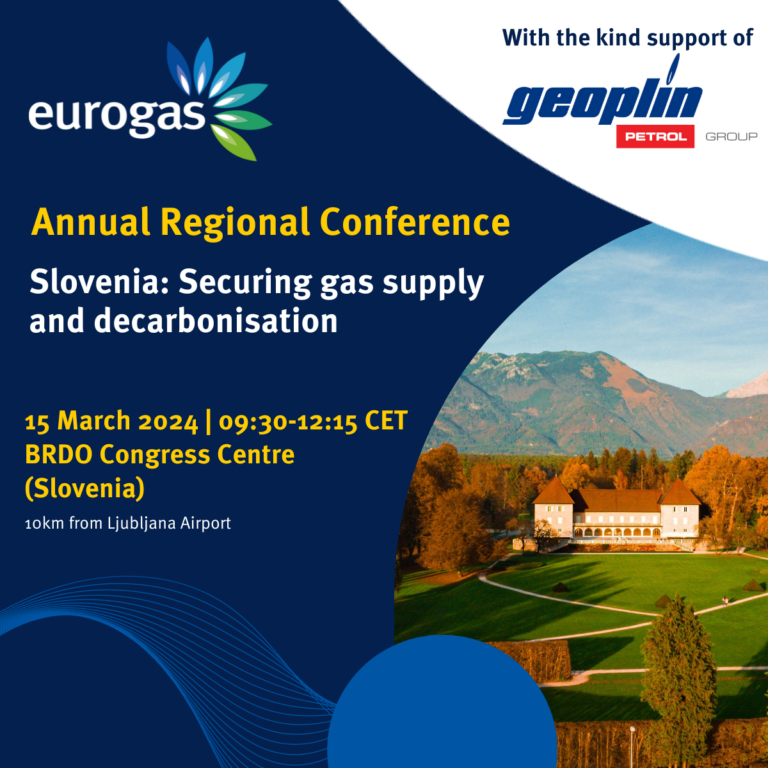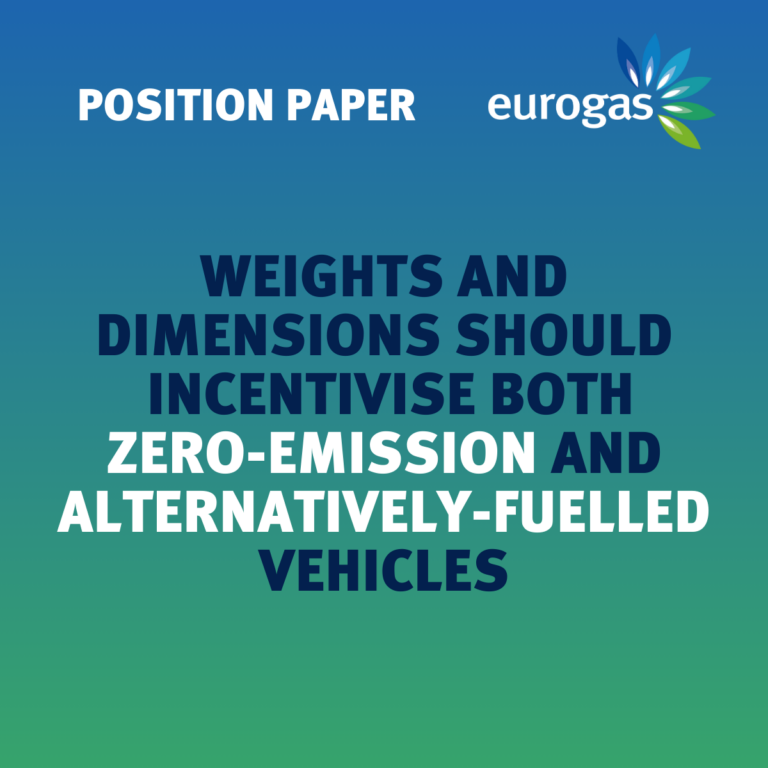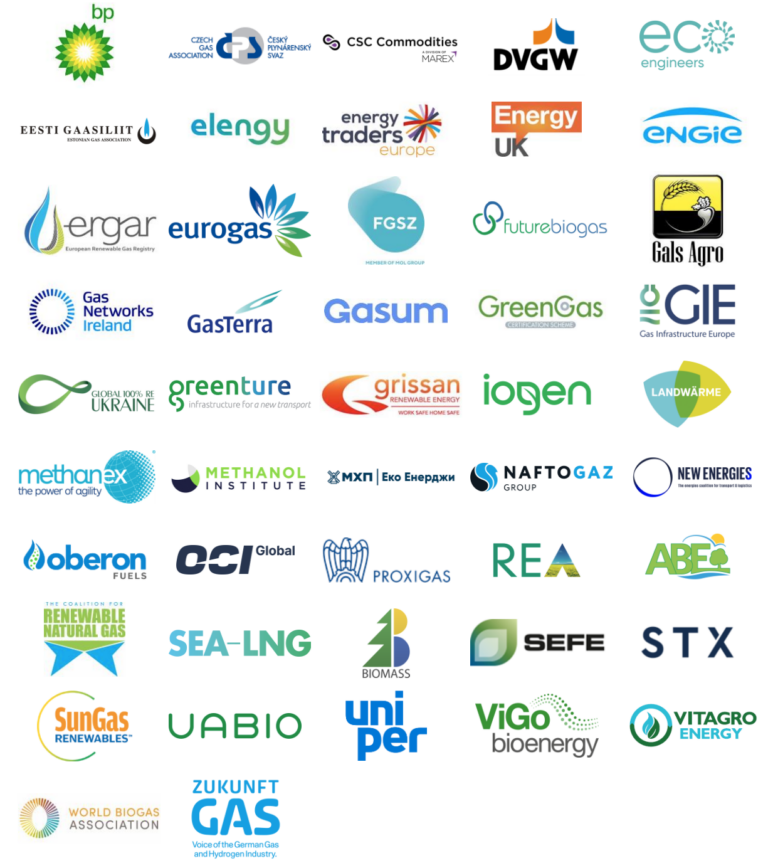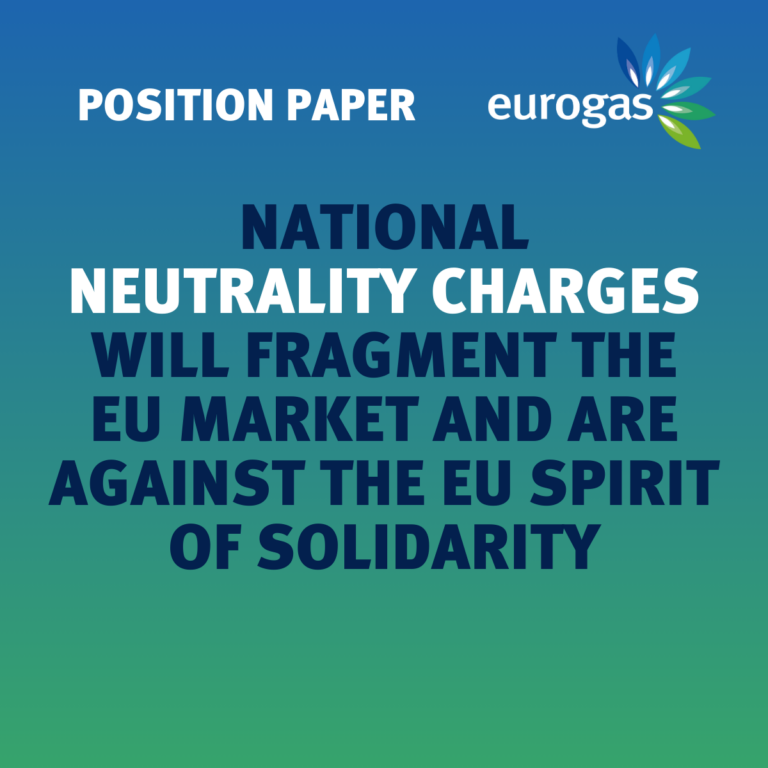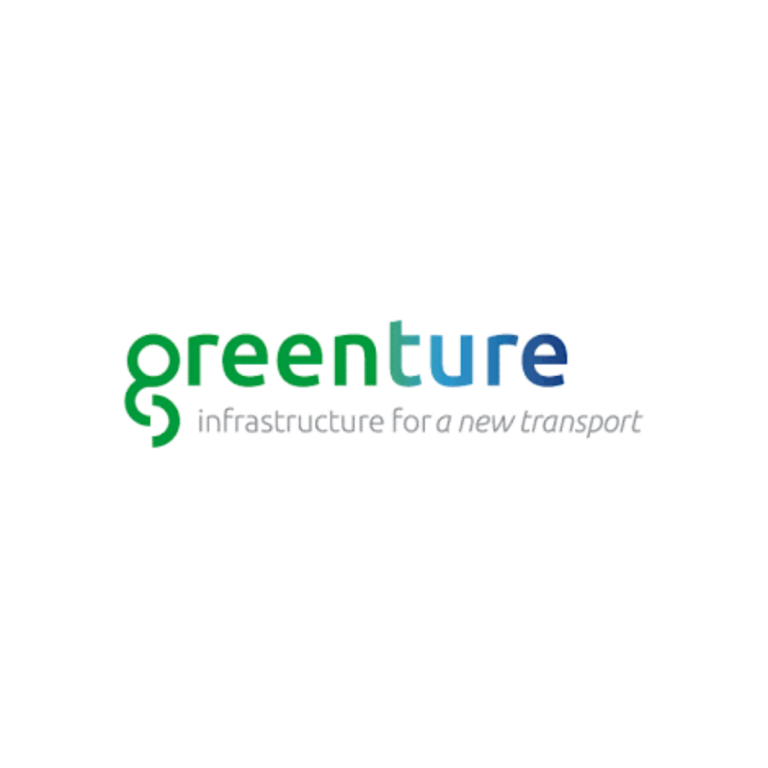
Last year’s Fit for 55 package brought important legislation that will aid decarbonisation of the gas sector. Among those is the Alternative Fuels Infrastructure Regulation (AFIR). The goal of the AFIR is to promote the deployment of alternative fuels by investing and developing the infrastructure necessary for their scale-up. This has become even more important now that Europe needs to quickly diversify its energy sources.
We welcome Commission’s ambition to develop a strong policy framework for the further deployment of alternative fuels infrastructure to achieve the Green Deal objectives and strengthen European energy security. Unfortunately, as the regulation stands, it does not sufficiently support the potential of LNG/CNG road infrastructure to supply natural, renewable and low carbon gas and speed up the necessary decarbonisation of road transport.
That’s why with 68 other associations, distributors and end-users we issued a Joint Letter calling for the recognition of the role of CNG/LNG in decarbonising road transport and for increased ambition in developing the infrastructure necessary for its deployment.
In both Eurogas’ and the European Commission’s scenario, demand for gases in transport will increase from 2% in 2017 to 18% by 2050. Gases will notably play a crucial role in reducing greenhouse gas emissions in maritime and heavy-duty road transportation. Moreover, these gases will allow the reduction of pollutant emissions, such as sulphur oxides (SOx), nitrogen oxides (NOx) and particular matter (PM).
What is needed in the AFIR is a coherent alternative fuels definition, which would embrace technology openness without restricting options to a limited set of solutions. This way, we can take advantage of immediate CNG/LNG deployment and therefore emissions reductions.
We need to work together to ensure that renewable and low carbon gases, like biogas, biomethane, bioLNG and eLNG can also be deployed at scale. To achieve that, we need ambition when it comes to infrastructure.
This is why the AFIR should adequately recognise the role of CNG/LNG refuelling infrastructure in enabling the supply of multiple renewable and low carbon fuels. In its current form, the proposal would hinder the deployment of renewable and low carbon gases and their impact in the energy transition.
In the coming weeks, we hope that European Parliament will recognise the importance of AFIR infrustructure and its role in securing Europe’s energy supply and decarbonisation.
Victor Bernabeu
Eurogas


